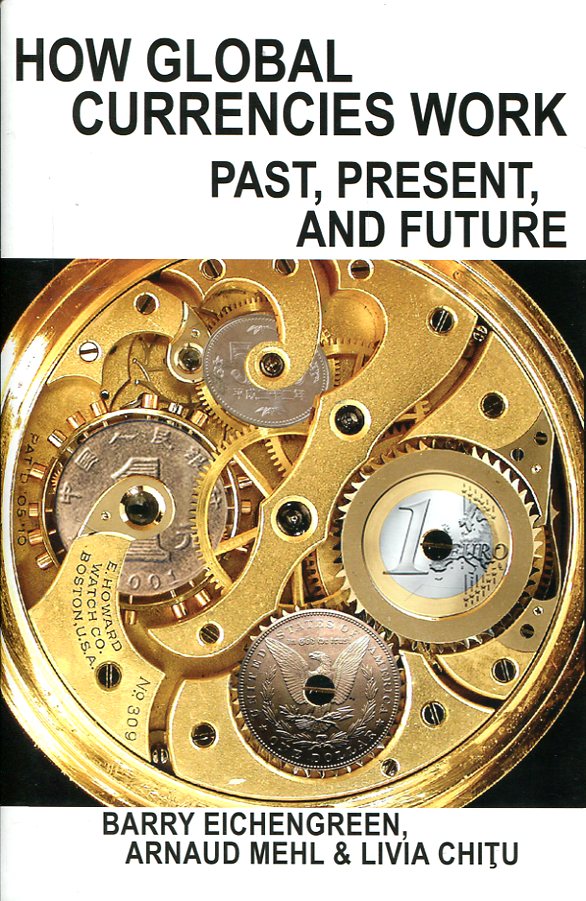How global currencies work
past, present, and future
- ISBN: 9780691191867
- Editorial: Princeton University Press
- Fecha de la edición: 2019
- Lugar de la edición: New Jersey. Estados Unidos de Norteamérica
- Encuadernación: Rústica
- Medidas: 23 cm
- Nº Pág.: 250
- Idiomas: Inglés

A powerful new understanding of global currency trends, including the rise of the Chinese yuan
At first glance, the modern history of the global economic system seems to support the long-held view that the leading world power’s currency—the British pound, the U.S. dollar, and perhaps someday the Chinese yuan—invariably dominates international trade and finance. In How Global Currencies Work, three noted economists provide a reassessment of this history and the theories behind the conventional wisdom.
Offering a new history of global finance over the past two centuries, and marshaling extensive new data to test established theories of how global currencies work, Barry Eichengreen, Arnaud Mehl, and Livia Chit?u argue for a new view, in which several national monies can share international currency status, and their importance can change rapidly. They demonstrate how changes in technology and in the structure of international trade and finance have reshaped the landscape of international currencies so that several international financial standards can coexist. They show that multiple international and reserve currencies have in fact coexisted in the pastupending the traditional view of the British pound’s dominance prior to 1945 and the U.S. dollar’s dominance more recently.
Looking forward, the book tackles the implications of this new framework for major questions facing the future of the international monetary system, from whether the euro and the Chinese yuan might address their respective challenges and perha










